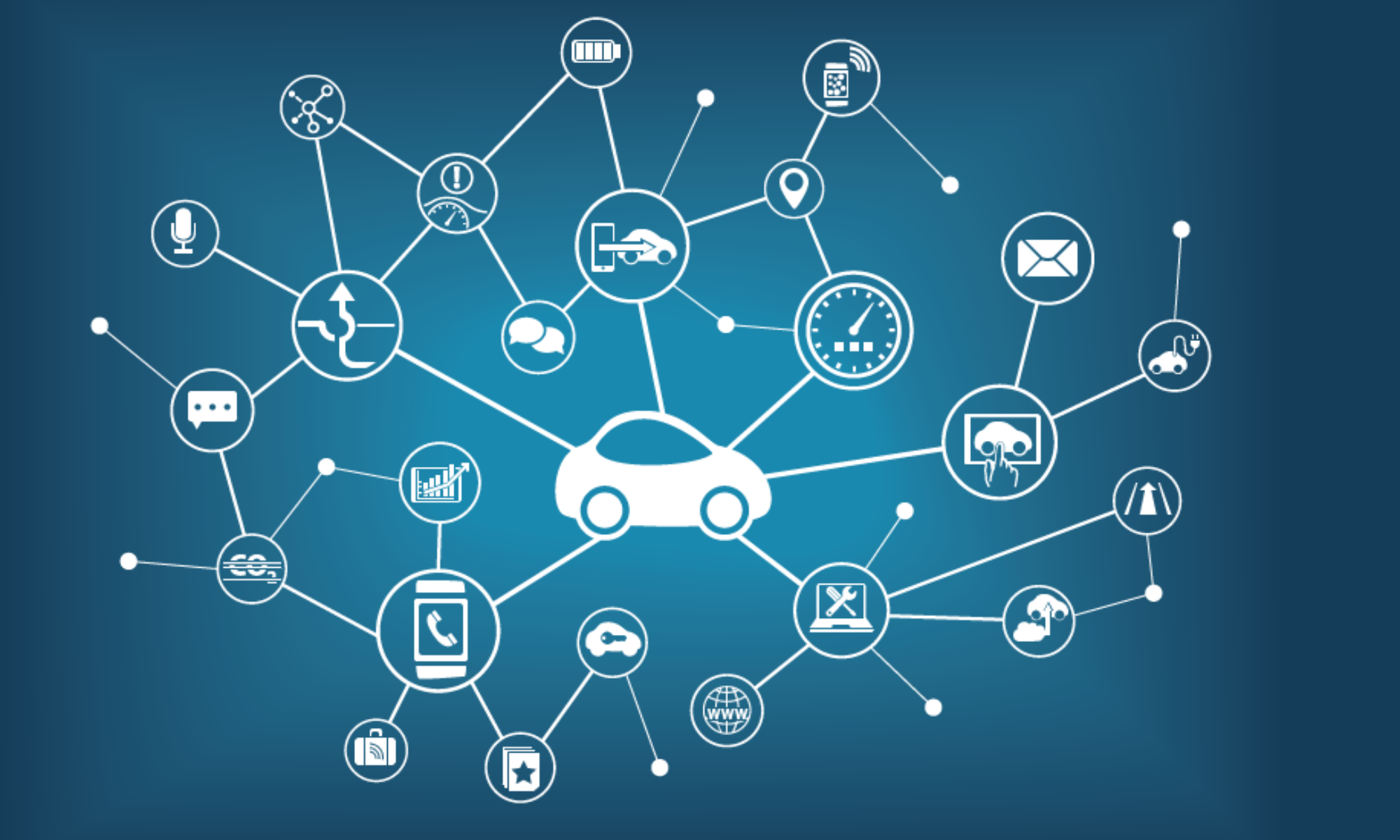Most global OEM’s have announced their intention “monetize” data from their cars and trucks. The legacy companies are going through massive efforts to re-design their vehicles to be “software-defined,” so that more data can be extracted and so that new software applications can be delivered. Many have also communicated aggressive targets for generating new revenues from software-based subscription services. That’s all great, but while that work is underway, OEM’s are missing opportunities to “monetize” the data they already have. Existing data could be used right now to sell more cars and trucks, while also improving customer satisfaction and repurchase loyalty. Let me illustrate with a personal example.
Current approach — partially connected
I own a 2018 Chevy Colorado. It’s a great truck, and I’ve really enjoyed owning it for over five years now. When I bought the truck, I signed up to have my dealer notified whenever my truck needs maintenance or service. This feature has worked like a charm. Recently I was notified that my oil life was under 20%, and that I would need to schedule an oil change. I clicked a link in the notification and was able to pick an appointment time about two weeks out. The dealer did a good job of confirming the appointment and reminding me of the upcoming appointment. On the day of the appointment, I went in, waited about 90 minutes while the service was done, paid, and left.
Use the data to connect Service and Sales
Perfectly good experience, right? In the inevitable post-visit survey, call me “completely satisfied.” But Chevrolet and the dealer missed an opportunity to make a lot more out of this visit, using the data that both already have about me and my truck. Following is a picture of how my recent visit could have gone, using currently available data:
- Chevrolet and the dealer know exactly how many miles I have on my truck – that data is in the same feed that told them that I need an oil change. That information indicates that my 2018 truck is starting to build up some miles.
- Chevrolet and the dealer know that I bought the truck using a “Friends and Family” discount, and that I’ve had all my service done at the same dealer. That might indicate that I’m a likely repeat buyer.
- Chevrolet and the dealer know that my truck is in very good shape and has had all required service done on schedule. That gives a very good idea what my truck is worth.
- There is a brand-new Colorado this year, and it probably has features that are improved, vs. the 2018 model.
- The dealer has a fleet management application that uses connected car data from Chevrolet to know location and condition of all its service loaners at any one time, and when they are due to be available. This system could easily be used to track and schedule demonstration vehicles, as well.
A better experience, and a more likely buyer
So, in a better version of my service experience, my truck notifies Chevrolet and the dealer that I need service. Chevrolet uses available data to identify me as a strong prospect for the new Colorado and tells the dealer that I should be offered a test drive during my next service visit. The dealer sends the usual service scheduling notification to me and uses their fleet management tool to ensure that a new 2023 Colorado is available at the time of the scheduled appointment. The dealer prepares an estimate of the cost for me to buy or lease the new Colorado, including the trade-in value of my 2018 truck. When I arrive for my service appointment, expecting to wait in the dealer’s “lounge” for 90 minutes, I am surprised and delighted when I am offered an opportunity to take the 2023 Colorado for a spin. When I return with a smile on my face, I am given a firm offer for a trade, with personalized price and payment information.
This scenario won’t necessarily result in a sale on the spot. That wasn’t the purpose of the dealer visit. But the objective of this “data monetization” exercise is to improve the probability that I will consider a new Colorado, from this specific dealer, sooner than I would otherwise. With the margins to be made on a new Colorado for both Chevrolet and the dealer, that is “monetization” worth pursuing.
